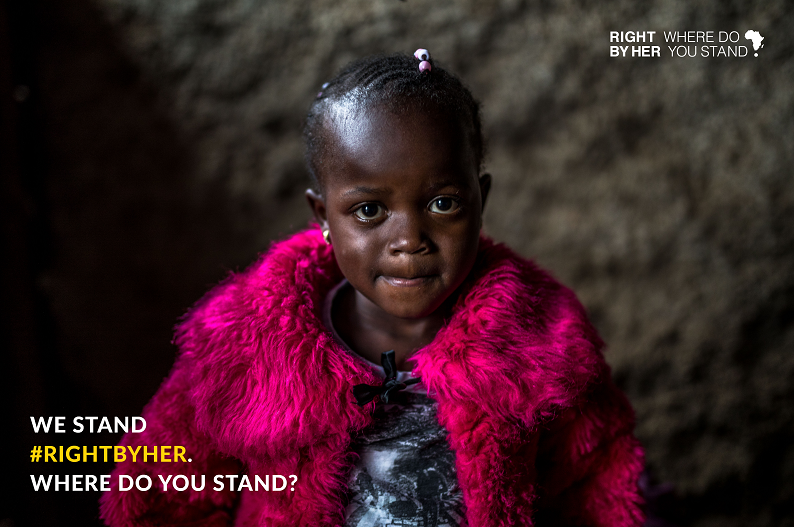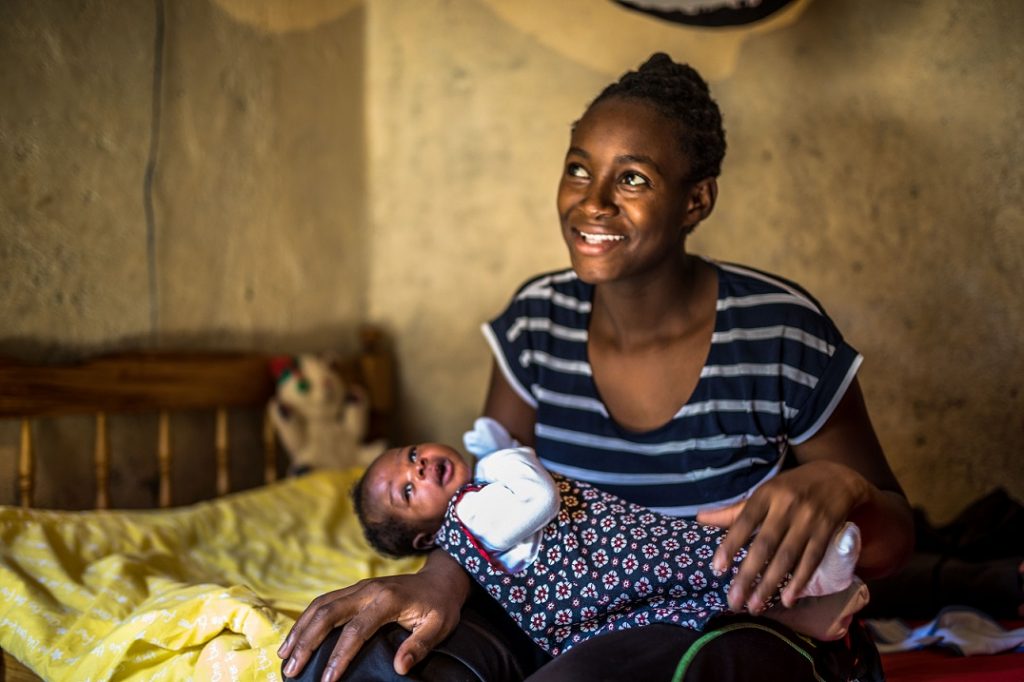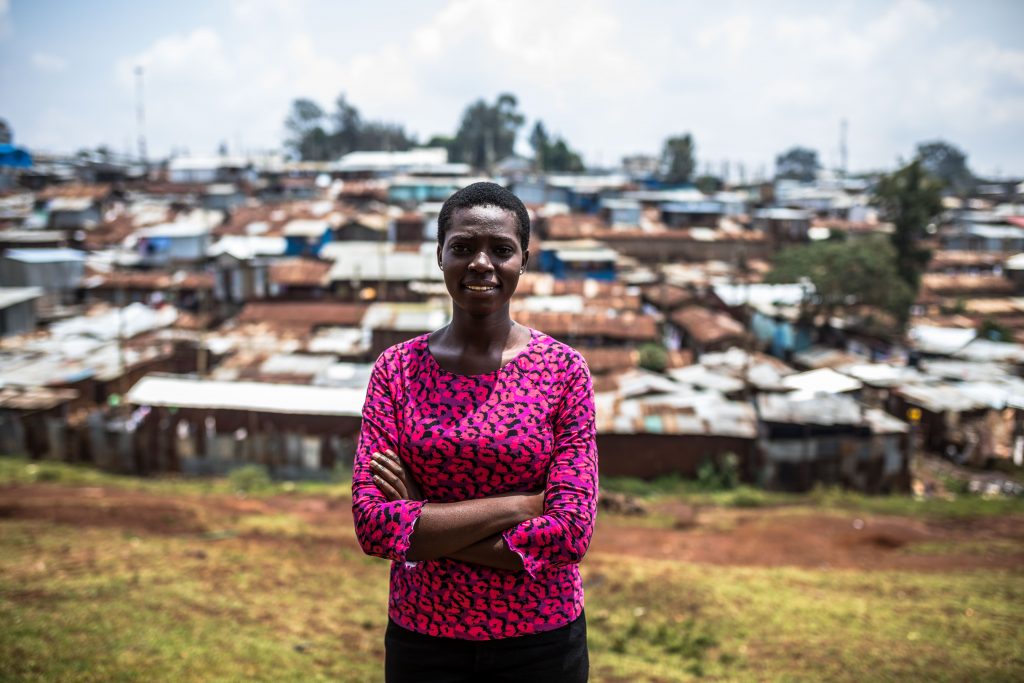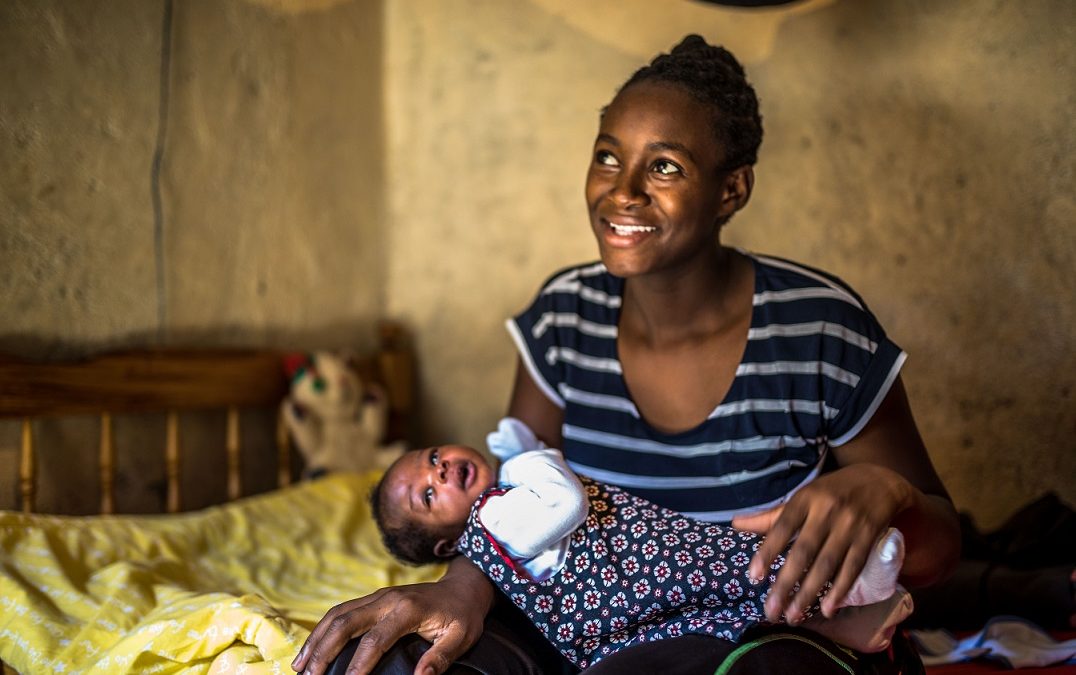Do you know what your rights are? Do you really have the rights you are entitled to?
51 out of 54 African countries have committed to ensuring women’s rights as enshrined in a continental policy commitment known as the Maputo Protocol.
But the reality is, 15 years after the Maputo Protocol was conceived, many women across Africa still do not have these fundamental rights.
This has to change. Our new campaign #RightByHer works to close the gap between policy and reality in 4 key rights areas. In a series of blog posts, we introduce each rights area, and discuss the work that still needs to be done to make sure that all women have the rights they are entitled to.

What is sexual and reproductive health and rights?
Health means a lot more than just the absence of disease. According to the World Health Organisation, it is a state of complete physical, mental, and social well-being.
Sexual health is this well-being in relation to sexuality. It includes being able to have pleasurable, safe, and consensual sexual experiences and relationships, free from coercion, discrimination and violence.
Reproductive health concerns the reproductive system and processes at all stages of life. It includes people being able to have children, but also having the freedom to decide if they want children, when they want to have them, and how many they would like to have.
Sexual and reproductive health cannot be achieved without access to certain fundamental rights such as:
- Information about and access to safe, effective, and affordable methods of family planning and protection from sexually transmitted diseases.
- Access to health care services that enable women to go safely through pregnancy and childbirth, and to have healthy babies.
- Freedom from sexual violence, discrimination, and coercion.

Lilian Mokobi, 24, with her baby in Kibera, Nairobi
What does the Maputo Protocol say about sexual and reproductive health and rights?
According to the Maputo Protocol:
Every woman has the right to
DECIDE whether to have children, and the number and spacing of her children.
CHOOSE any method of contraception.
ACCESS family planning services and education.
Her government has the responsibility to
PROVIDE adequate and accessible health services and education to ALL women.
STRENGTHEN health services for pregnant women and new mothers.
AUTHORISE medical abortion in cases of rape, incest, and danger to the life of the mother or foetus.
What is the reality for women living in Africa?
In 2016, almost half of all women in sub-Saharan Africa gave birth unattended by a medical professional.
24% of women in Africa have an unmet need for family planning.
Neo-natal mortality rates in Africa are high, with 28 babies out of every 1000 live births dying in the first 28 days.

Daphne Adhiambo, 23, social activist for women and girls , in Kibera, Nairobi
This means that while women in Africa in theory have the right to family planning and adequate healthcare, many of them do not have access. Governments are failing to keep their promises in regard to sexual and reproductive health and rights. This means failing women, babies, families, and communities.
That’s why we’re asking you to stand #RightByHer by helping us work to close the gap between women’s rights and women’s realities. Find out how at https://rightbyher.org

